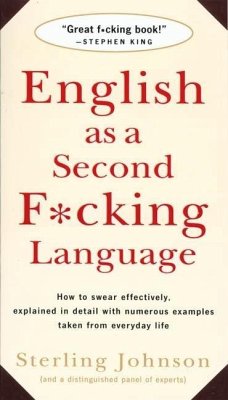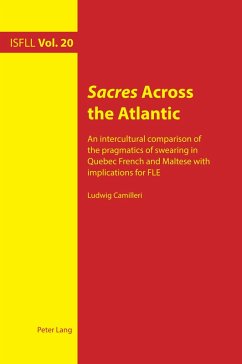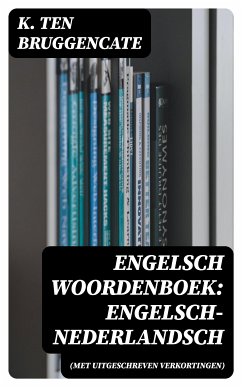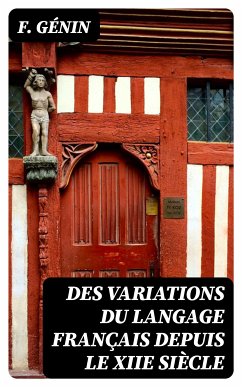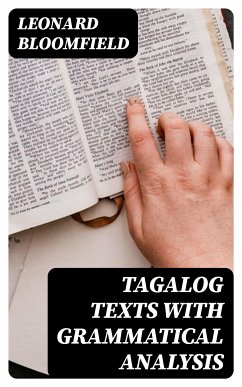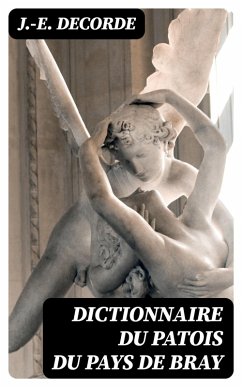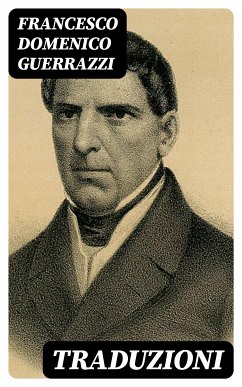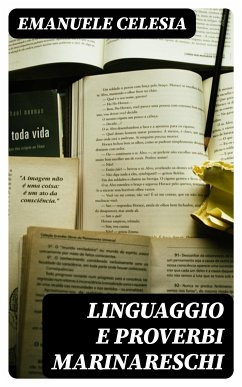
A Cursory History of Swearing (eBook, ePUB)

PAYBACK Punkte
0 °P sammeln!
In "A Cursory History of Swearing," Julian Sharman delves into the multifaceted world of profanity, examining its evolution through various cultural and historical lenses. This meticulously researched work combines a robust scholarly approach with a lucid and engaging prose style, making it both informative and accessible. Sharman navigates the origins of swearing, its sociolinguistic implications, and its role in human expression, offering a rich tapestry of anecdotes and historical anecdotes that illustrate the persistence of taboo language across civilizations. Julian Sharman, a linguist an...
In "A Cursory History of Swearing," Julian Sharman delves into the multifaceted world of profanity, examining its evolution through various cultural and historical lenses. This meticulously researched work combines a robust scholarly approach with a lucid and engaging prose style, making it both informative and accessible. Sharman navigates the origins of swearing, its sociolinguistic implications, and its role in human expression, offering a rich tapestry of anecdotes and historical anecdotes that illustrate the persistence of taboo language across civilizations. Julian Sharman, a linguist and cultural historian, draws upon a diverse background in linguistics and anthropology, which informs his nuanced perspective on language and society. His passion for exploring the intersection of language and culture is evident, as he weaves personal insights and academic rigor together. This background has undoubtedly shaped his exploration of swearing as both a linguistic phenomenon and a cultural artifact, illuminating the complexities behind what is often dismissed as mere irreverence. "A Cursory History of Swearing" is a must-read for linguistics enthusiasts, cultural historians, and anyone curious about the expressive power of language. Sharman's engaging style invites readers to reflect on their own linguistic choices and consider the rich history that underlies even the simplest utterances. This book promises to expand your understanding of language while providing a delightful journey through its most colorful expressions.
Dieser Download kann aus rechtlichen Gründen nur mit Rechnungsadresse in A, B, BG, CY, CZ, D, DK, EW, E, FIN, F, GR, H, IRL, I, LT, L, LR, M, NL, PL, P, R, S, SLO, SK ausgeliefert werden.




